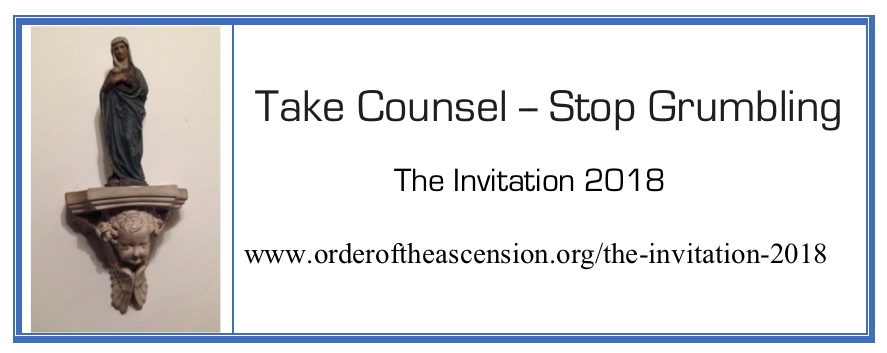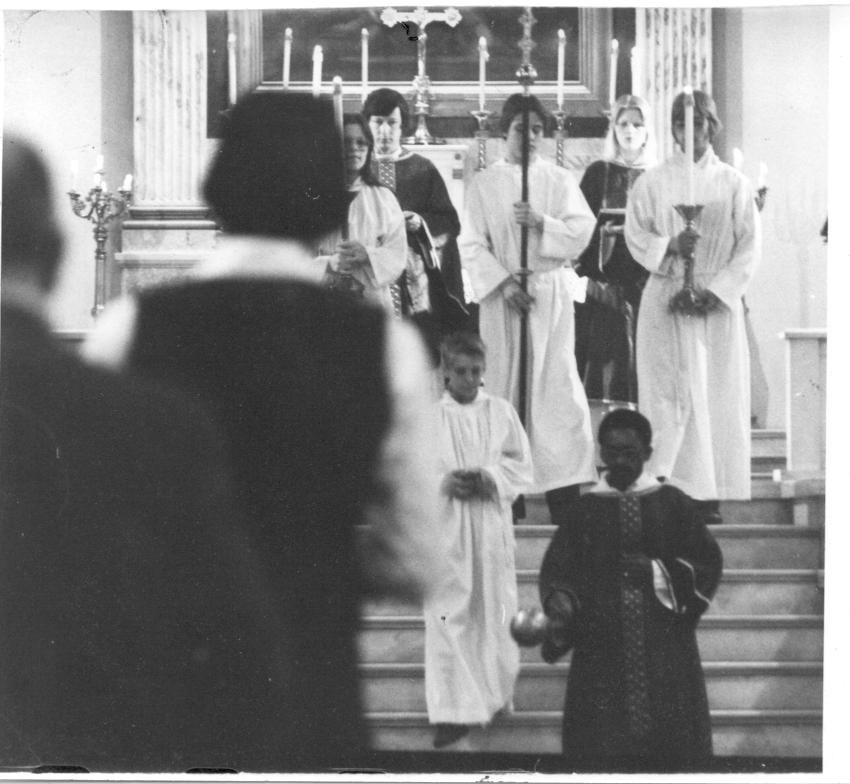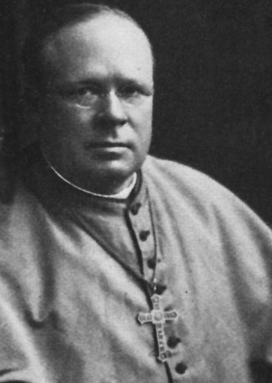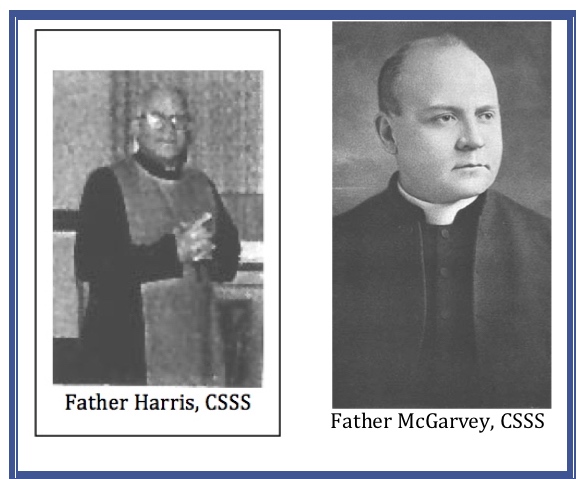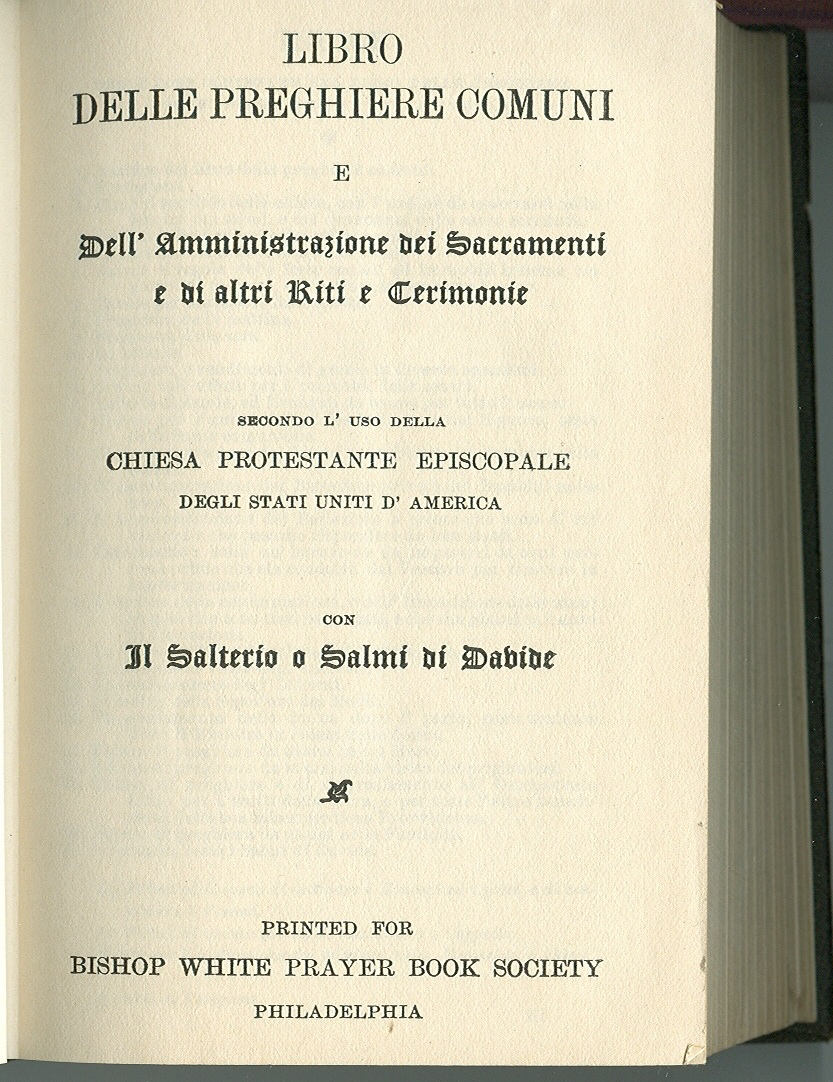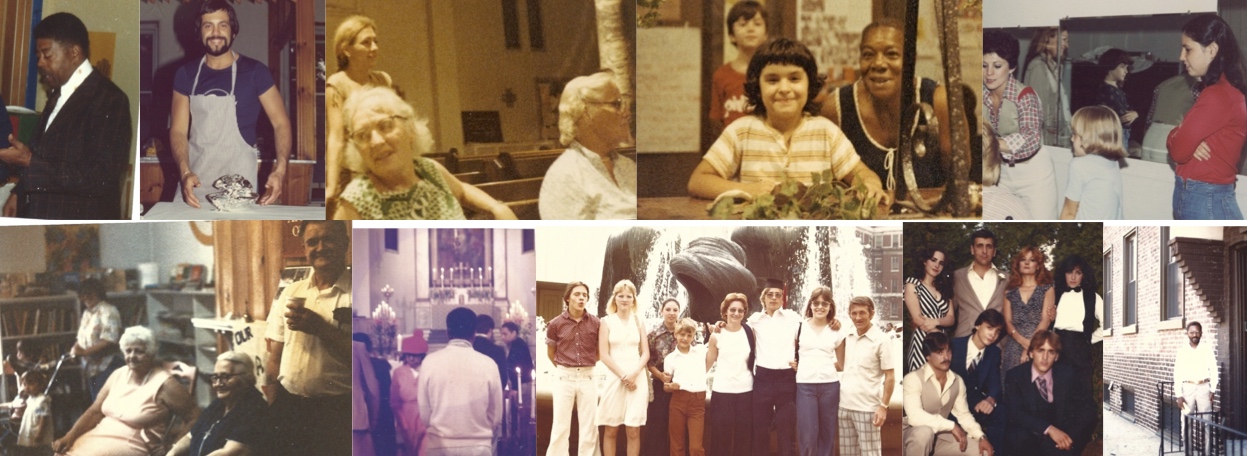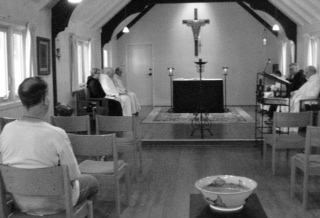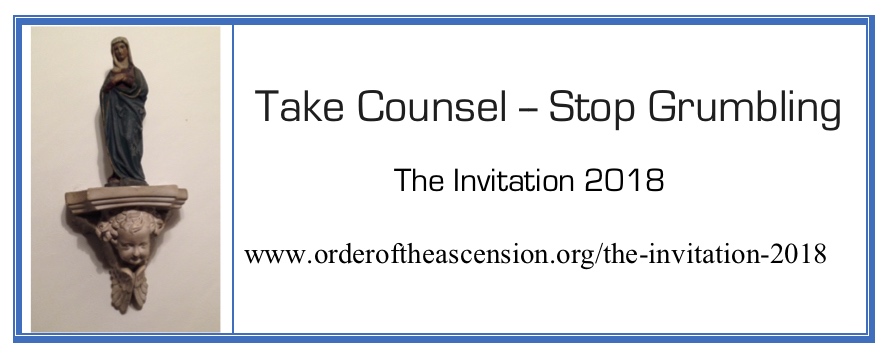Fake Listening
 Saturday, August 11, 2018 at 5:01PM
Saturday, August 11, 2018 at 5:01PM  Parish leaders have at times been known to engage in fake listening.
Parish leaders have at times been known to engage in fake listening.
Most have learned that they are supposed to listen to the thoughts and feelings of parishioners. Many try to do that with integrity. Some work at learning to do it with competence.
It helps to recognize when fake listening is taking place.
A couple of examples –
A Rector
The rector wants to make a change or create a new program. He wants to change the times of the Sunday services. Now there are two celebrations of the Eucharist – 8:00 and 10 am. He has decided that there need to be three – 7:30, 9:00, and 11:00.
He’s called a meeting after the 10:00 am liturgy to discuss – How will we make the needed adjustments in order for the new schedule to work?
There are several “truths” here. It is the rector’s “right” to decide. It may be true, in the sense of a right assessment, that this will increase Sunday attendance. And it’s likely to be true that there will be a fight, resentment, and anger.
If the rector is really going to listen he needs to back up a bit and open up conversations around what he is hoping to accomplish, what are alternative ways of accomplishing that, and what the impact would be on parishioner family life and Sunday routines.
He needs to pay attention to Chris Argyris’ Intervention Theory. He needs to do the listening in a way that allows people to develop a degree of internal commitment to whatever path is taken. Just asking people to offer ideas on how to do what the rector wants is manipulation, not listening.
A Warden
When wardens are annoyed with the rector, or under pressure from others in the parish, they have been known to conduct an informal survey. Calls are made to all vestry members, or a number of influential parishioners. The rector isn’t told this will be happening and has no opportunity to help shape the process. This is a sham activity. There’s an agenda being pursued. It’s not about listening with an open heart and mind. It’s about proving a point.
You may be able to see the bogus nature of the process if you use the Relationship Cycle in Parishes to assess the action. Real listening processes are about creating a conversation that allows the parties to mutually address “rubs” in the relationship. This kind of fake listening process is either an act of incompetence or maliciousness that is likely to enflame the situation. In the model, instead of moving along the green line it moves along a red line that increases the level of the conflict.
There are many ways to avoid listening. For more see – Ways of avoiding "taking counsel"
rag+
